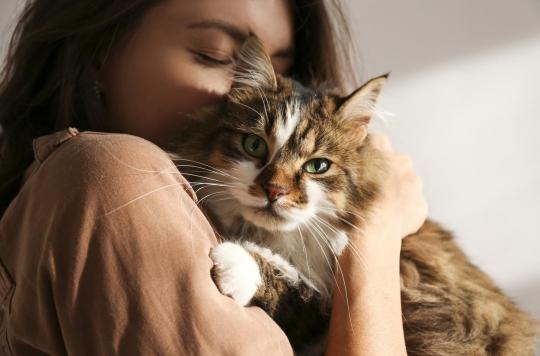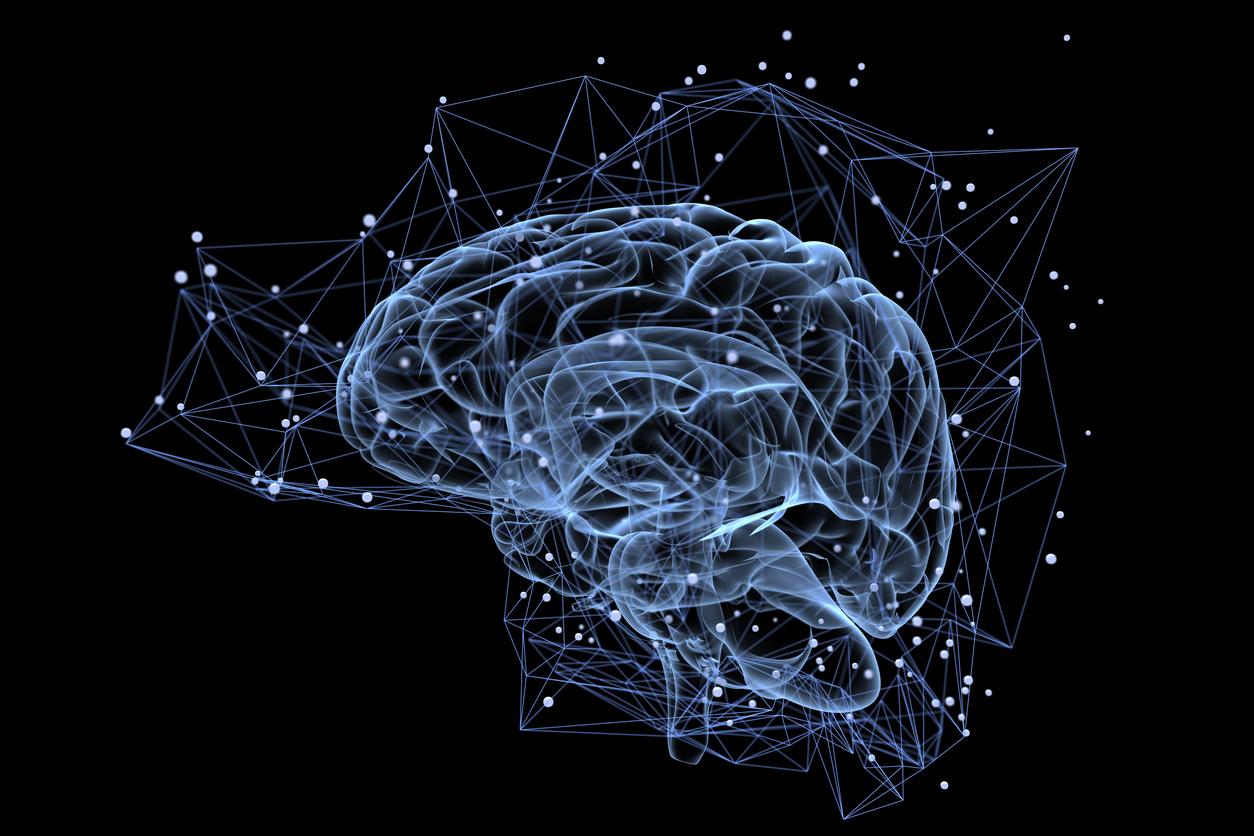According to an American study, the more a person is anxious, the more they tend to give importance to their relationship with their cat.

- How negative emotions influence feelings of trust in a relationship differs whether the relationship is with a human or a cat.
- Whereas in human relationships depression decreases a friend’s or partner’s sense of trustworthiness, here anger seemed to decrease a cat’s sense of trustworthiness and anxiety increased it.
- “Our study reveals that anxiety can be a positive trait to have because it is associated with trust and affection for a cat,” explains the lead author of the paper.
- “Our study reveals that anxiety can be a positive trait to have because it is associated with trust and affection for a cat,” explains the author of the paper.
“Women who love cats aren’t crazy, they’re just anxious”. This is the conclusion of a study published in the journal Anthrozoos. According to researchers from the university of california (United States), the more a person is anxious, the more he tends to give importance to his relationship with his cat.
“To fill a gap in the literature, the current study focused on people’s attachment to cats. We had two main objectives. First, replicate previous findings of associations between neuroticism, conscientiousness, and three attachment variables: attachment anxiety (feeling worthy of love), attachment avoidance (feeling attachment figure reliability) and general attachment to a companion animal. Second, we assessed how facets of neuroticism (anger, anxiety, depression, excess, self-consciousness, vulnerability) are individually related to attachment to cats”explain the researchers in the introduction to their article.
For their work, they conducted an anonymous online survey of 1,239 people with cats. Among them, 87% were women. The questionnaire asked participants about the value they placed on their cat’s love, the trust their cat had in them—according to them, of course—and their general feelings of affection towards their pet.
“A tendency towards negative emotions will affect any relationship, including with a cat”
Result of the observations: negative emotions, especially in people with depression, cause them to feel less worthy of their cat’s affection. Researchers then speak of attachment anxiety. Previous studies had already obtained similar results in romantic relationships and friendships.
“If you are prone to depression, you see everything through this prismcomments Mikel Delgado, author of the study. This shows that a tendency towards negative emotions will affect any relationship, including one with a cat..”
In contrast, how negative emotions influence feelings of trust in a relationship differs whether the relationship is with a human or a cat. Indeed, while in human relationships, depression reduces the feeling that a friend or partner is trustworthy, in the relationship with a cat, anger reduces trust in the feline, while the anxiety increases it. “Our study reveals that anxiety can be a positive trait to have as it is associated with trust and affection for a cat”explains Mikel Delgado
More research to come on human relationships with their pets
Thus, our personalities could influence how we relate to our pets. “Cats can be wonderful companions and sources of comfort, and it seems that a person’s personality affects their tendency to enjoy, appreciate, and hopefully benefit emotionally from a relationship with a cat.”says Gretchen M. Reevy, co-author of the study.
In the future, researchers would like to investigate the relationships between measures of attachment and actual behavior toward pet cats as well as between facets of neuroticism and attachment to other pets, such as dogs. . If you wish to participate in this research, Click here.
Researchers are regularly interested in the relationship of humans with their domestic animals. In particular, spending time with a dog or cat and petting it has been proven to reduce the level of cortisol, a hormone associated with stress. Nevertheless, the dog is globally more studied than the cat. Recently, studies have shown that if a dog senses its master in danger, he will do everything he can to help him. Research has also proven that having a dog reduces anxiety and lowers the risk of strokes and heart attacks, thanks in particular to the physical exercise necessary to take care of these animals. Finally, it would seem that children who have grown up with a doggie are less likely to develop schizophrenic disorders later. ConverselyAmerican researchers reported in March 2019 the case of a teenager whose schizophrenia would have been triggered by a bacterium transmitted by a cat…

.

















